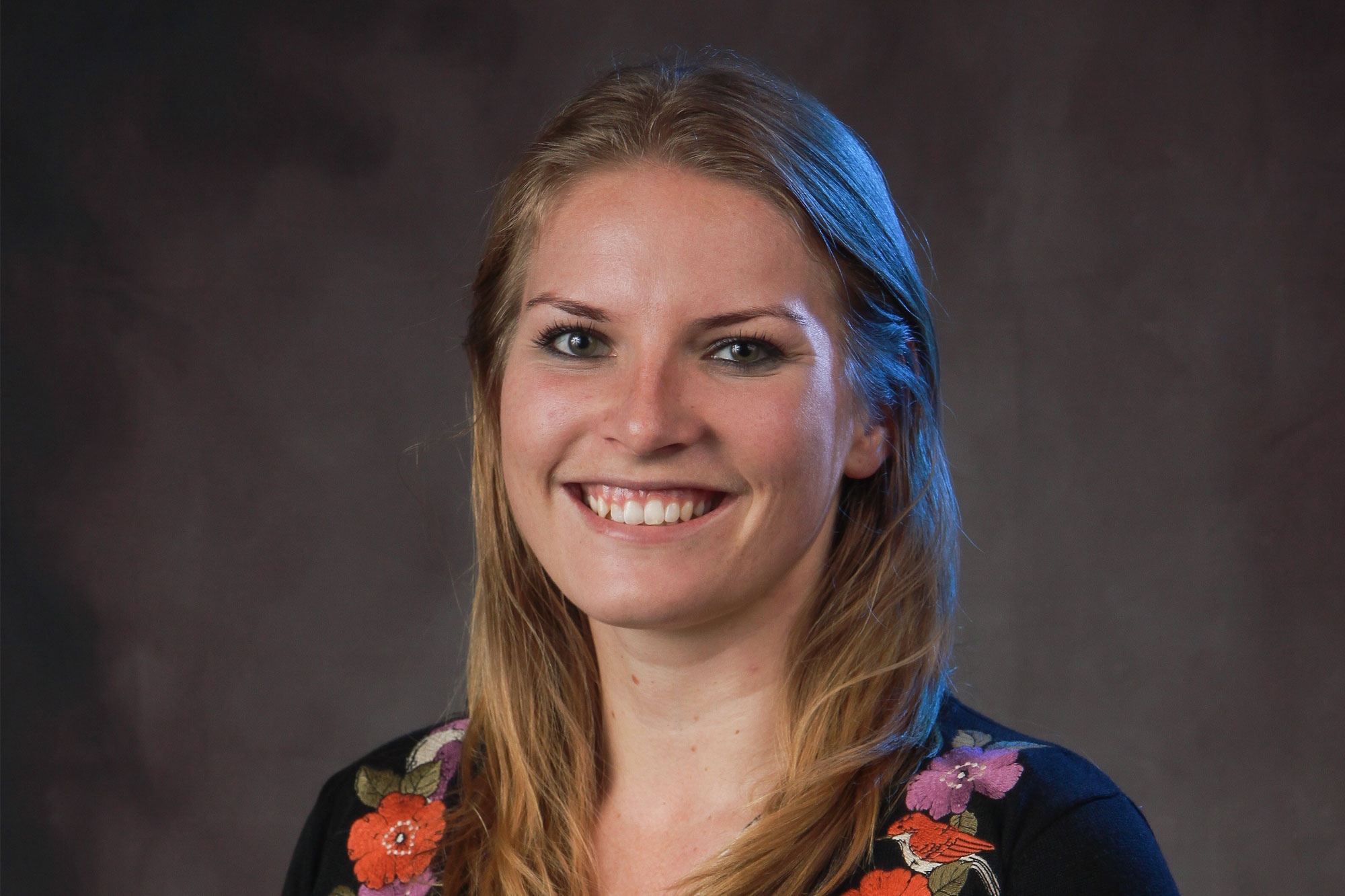Visiting PhD researcher from the University of Melbourne, Erica Marshall, will deliver a talk entitled ‘How does metric choice impact the long-term outcomes of offsets for biodiversity?’ on Tuesday 20th August at 12:00 in the Swingland room. The event is free and open to all.
Abstract
Biodiversity offsetting is increasingly used as a framework for delivering conservation gains to compensate for the biodiversity losses caused by development. Standard offsetting approaches generally use metrics that measure habitat condition. Despite their widespread use, few studies have evaluated the performance of habitat-based offset metrics or compared them with other metrics. Consequently, there is little evidence supporting their effectiveness for ensuring biodiversity persistence long-term.
Erica’s research seeks to compare the performance of several currently employed biodiversity offsetting metrics with types of biodiversity metrics commonly used in closely related fields such as conservation planning and ecology. Basic metrics such as abundance, richness, or connectivity have not yet been tested in the context of biodiversity offsets. To quantify the effectiveness of each metric, Erica is using a combination of modelling approaches including a simulation tool she built, population viability analyses and a newly developed R package, Offsetsim. Erica is assessing the long term impacts of metric choice in these simulated scenarios using data for five threatened species from the Hunter Region. New South Wales in Australia.
Biography
Erica is a third year PhD student from the University of Melbourne. Her work focuses on testing various development and offsetting scenarios to quantify the long-term impacts of various biodiversity metrics. Erica is interested in understanding how development and conservation together influence the persistence of species long-term, and enjoys applying quantitative frameworks to improve our understanding of these dynamics.
Twitter: @Erica_Marshall1

